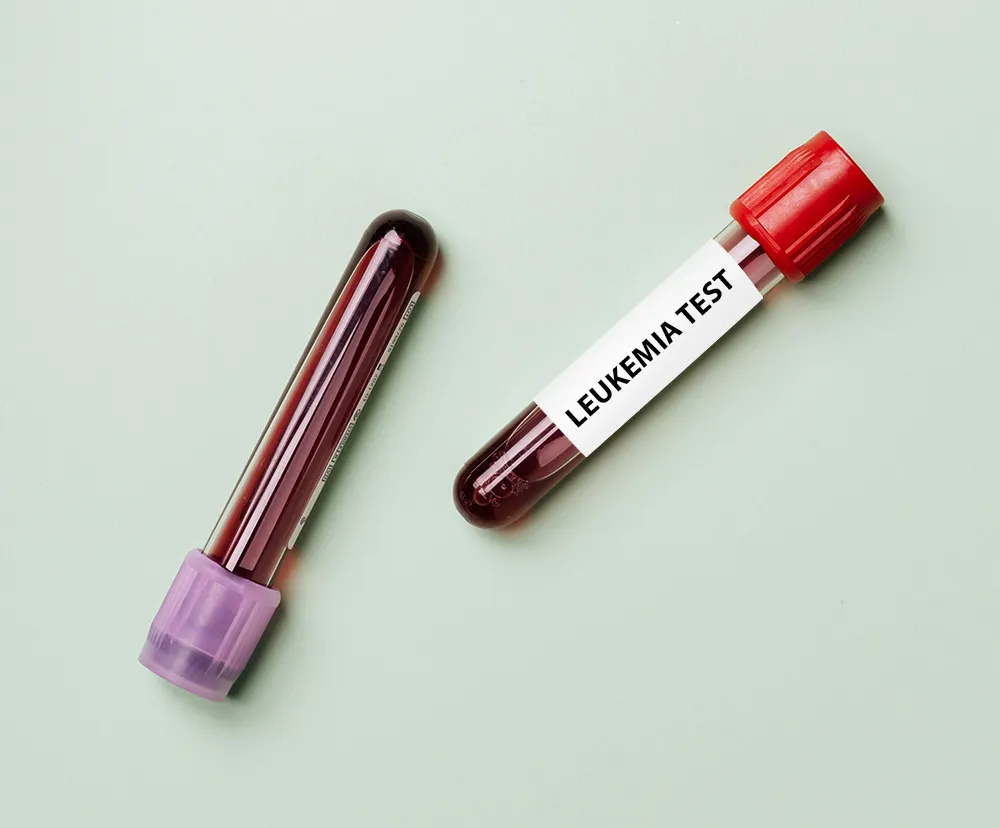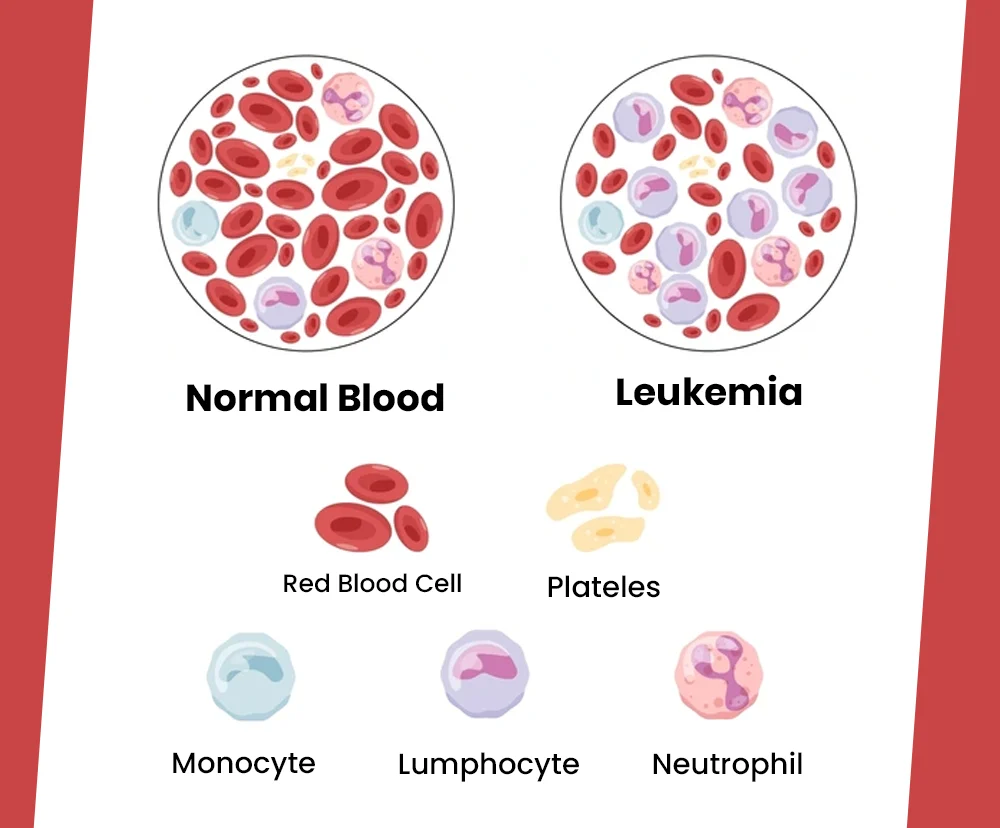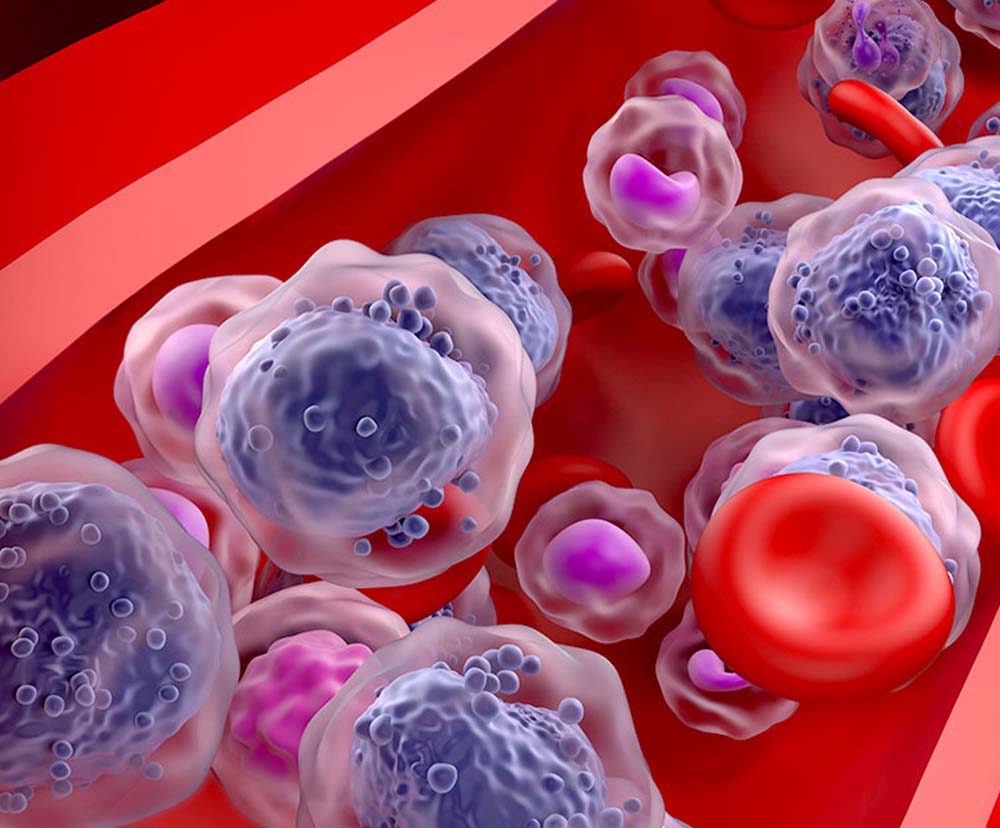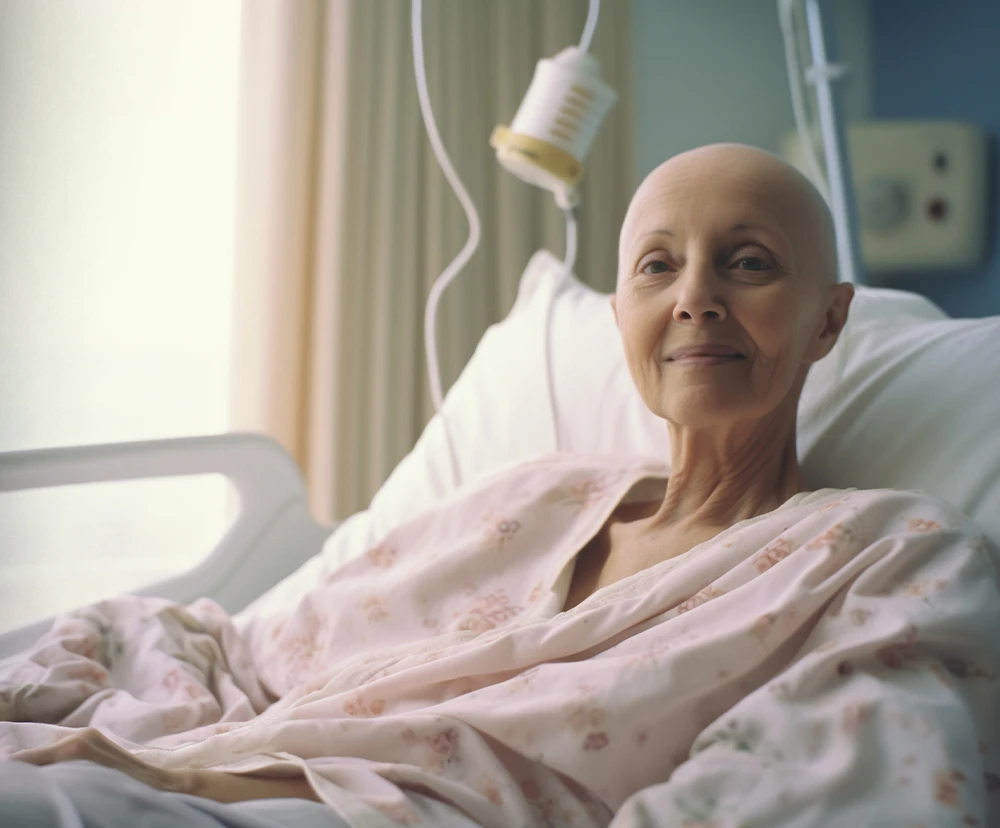Chemotherapy treatment
Chemotherapy treatment
Introduction
Autoimmune disorders such as cancers are generally triggered either through environmental or genetic / hereditary risks. One can get cancer at practically any organ. Commonly encountered conditions are at breasts, lungs, skin, oral parts, prostate, cervical tract, etc. You need to know that cancers are of two broad types namely, benign or malignant.
Benign tumors do not grow to nearby tissues or sites. They are usually treated with a surgery; the intent here is to cut the cyst or tissue that has developed a benign tumor. On the other hand, malignant cancers are harmful in nature; these tend to impair the site where it develops as well as spread to several adjoining organs or sites.
Medical studies are at an advanced levels to understand the likely triggers of tumors. Evidence of triggers are broadly restricted to hereditary and environmental causes. This field of medicine aims to isolate all possible reasons for the incidence of an autoimmune condition. Signs that accompany the formation of tumors are relatively well known; these are a remarkable decrease in appetites, sores that fail to heal or wounds that need a prolonged span of time to get cured, getting infected with relative ease, drop in white cells of your blood, being tired most of the time, fatigue as well as weariness.
A sub-optimal immunity is one of the direct symptoms of likely onset of tumor(s). This is often characterised by blood conditions like drop in red cells and / or white cells. In some cases, a significant drop in count of platelets is observed. Such blood-related disorders are often accompanied by infectious conditions; you tend to get these conditions more frequently.
There are many established and time-tested approaches to treat tumors. Surgeries, chemotherapy and radiation treatment are considered as common approaches. Of these, surgeries are done to cut a tumor off your system. Surgeries are usually done at the primary stages of onset of tumors. At advanced stages of cancers, surgical option is pursued along with say, radiation or other treatment modalities. In case of radiation therapy, highly energetic rays / radiations are used to burn away cancerous cells; this process ensures decimating such problematic cells.
Cancer treatment chemotherapy
This modality of cancer treatment is also a proven route for treating tumors. This approach is also referred to as a systemic approach. This is because of its ability to get deeper into your system and offer the needful treatment. It involves the use of potent, anti-cancer drugs to kill cancerous cells.
Many forms of drugs are used under the branch of chemotherapy. Drugs used as part of this branch are known to either prolong life expectancy i.e., adding more years to your life or focus on curing tumors. In this light, having an approval from US-centered federal drug clearing body – the food and drug administration (FDA) – is essential for drugs to qualify for chemotherapy.
Most meds that qualify as chemo drugs are known for their ability to get absorbed easily by your body. This process gives these drugs access to all tissues and organs of the system. This is the major reason for calling chemotherapy as a systemic treatment modality. This differs from local therapies – like say, surgery or radiation – because these can focus only on a specific site or organ.
Chemotherapy cancer treatment cost
Cancer treatment cost using chemotherapy can be expensive. But, if you have a comprehensive insurance cover that includes coverage of drugs as well as hospital-related charges, you can save on a substantial amount of dollars. As mentioned, chemotherapy uses anti-cancer drugs to damage tumors / cancerous tissues. Cost of your cancer treatment depends on many factors including the stage of your tumor, site / organ that is affected, your age, presence of other autoimmune problems or ailments, if any, etc.
Drugs taken for chemo treatment are known to work through cycles. Every med offered to you works depending on the abovementioned factors. So, the way a drug functions and treats you is different from the way it would work for another person living with cancer. Choice of meds used (and their costs) is best left to the caregiving team. The team of treating doctors know which meds work best for your autoimmune condition and how many cycles it may need off you to get better outcomes.
Chemotherapy cancer treatment cost varies so much from one treatment plan to another. This is due to the limited potential within chemotherapy to isolate agents that cause cancers. In other words, drugs do not separate healthier or normal cells from cancerous ones.
Hence, your normal cells tend to stand affected through the use of chemo meds. All through the sittings of chemotherapy, medical teams strike a trade-off between how to minimize damages inflicted on your normal cells and at the same time maximize the impairment of tumor cells. Cost of chemotherapy cancer treatment also varies based in the types of meds used for your treatment.
Alkylating drugs
Drugs of this category impair cell-level membranes. In this process, they destroy functioning of tumor cells; once they are deprived of cellular activities, growth stops irreversibly. Cost of using alkylating meds can change from one sitting to another; this is determined by strength of each dose and the duration of each treatment cycle.
Beware of likely damages this genre of chemo drugs can cause to the bone marrow. Research is actively on to understand the other side effects of alkylating medications; loss of scalp hair and also off other organs is a common side effect. Apart from this, you may witness frequent spells of infections – triggered by a decrease in white cells of your blood, etc. Peptic ulcers, nausea and gastric pains are also other commonly experienced adverse effects.
Agonists of metabolites
Using meds of this genre to treat your tumor can influence costs in a sizable manner. Here, key compounds present in these drugs damage tumor–creating cells. Once cell-level destruction is over, this makes such cells to cease growing as well as spreading further. These meds come with an invisible cost of adverse effects; if you observe involuntary movements or jerks, infectious conditions like flu or fever, tell your doctor of such outcomes.
Caveat: these meds may also cause some damage to your liver. So, if you experience slowdown in digestion, loss of appetite (due to slower metabolism), etc., inform your medical oncologists on an urgent basis. If your coverage plan can handle costs of these agonists of metabolites, doctors use them for treating tumors in breast, ovaries, large intestines, rectum, etc.
What is the next treatment after chemotherapy?
The next treatment after chemotherapy is determined by a host of factors namely, the extent of cure chemo meds offered, how your system responded to chemotherapy sittings and the overarching treatment plan your caregiving team has recommended.
Often, treatment plans include a combination of two or three modalities of cancer care. For instance, there are cases wherein the plan starts with chemotherapy and moves to radiation treatment. Or, there are also cases wherein chemotherapy paves the way to a surgery and then to radiation therapy. These next steps – i.e., after chemotherapy – are an outcome of the stage of cancer as well.
While addressing the next treatment after chemotherapy, you also need to know about the likely adverse effects of this chemotherapy treatment. Commonly encountered adverse outcomes include a drop in potency of your immune cells, increased risks of internal bruising, neuralgia or pain in your nerves, loss of hair on your scalp, etc. As a lateral outcome, you run the risk of getting infected.
Should any of these problems turn acute or persist for long, reach out to your treating doctor quickly. Your doctor may offer safer alternatives or may change the dosage strength. You may also be asked to avoid a few types of foods; talk to a qualified dietitian about items one can consume while taking chemo meds. For instance, you are advised to stay away from alcohol consumption. On the same note, you may also be advised not to take an oily or greasy diet.
A few chemo meds can result in spells of migraines. If the multiplication rate gets faster, pain becomes a natural side effect. Ignoring these pains may only worsen your condition further. Hence, it is harmful to discontinue taking chemo meds upon witnessing pains conditions.
It is recommended to talk to your caregiving team, and never stop using chemo meds without consulting caregivers. Lastly, talk to your treating physician to know about what the next treatment after chemotherapy is.
Related Blogs :

Leukemia Blood Test
Leukemia Blood Test Introduction Blood test for leukemia Leukemia diagnosis blood test Leukemia blood test results Leukemia cancer CBC blood test results Leukemia positive cancer blood test...


Chronic myeloid leukemia
Chronic myeloid leukemia Introduction Chronic myeloid leukemia ICD 10 What is chronic myeloid leukemia? Chronic myeloid leukemia symptoms Chronic myeloid leukemia treatment Introduction Tissues of the marrow...

Education: Master of Public Health (MPH) from the Postgraduate Institute of Medical Education and Research (PGIMER), Chandigarh Experience: A dedicated health writer with 8 years of experience covering a range of health topics, including public health and nutrition. His work has appeared on reputable Indian health websites and journals such as India Health Journal and The Health Times. Ravi also collaborates with Indian health agencies on public health campaigns.


